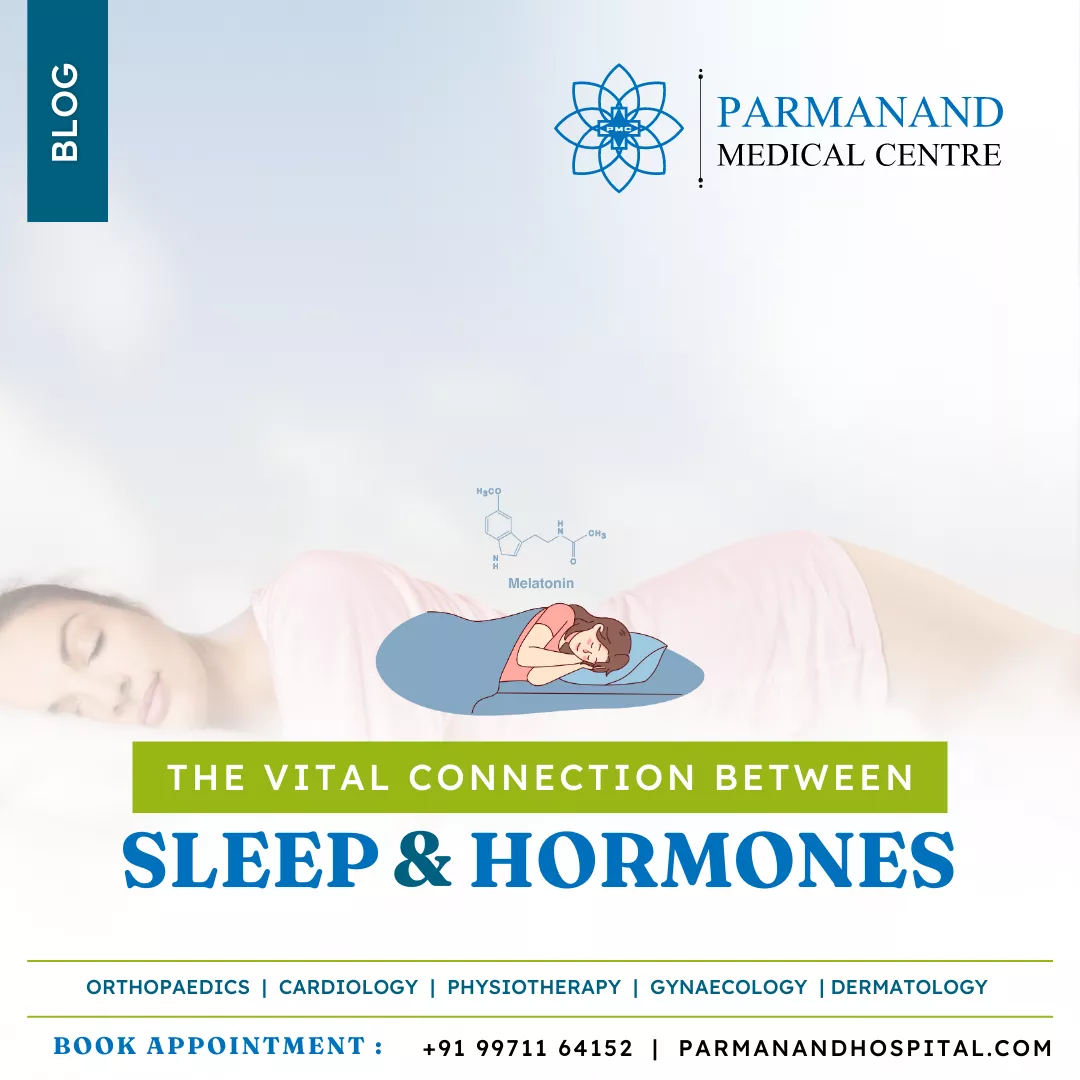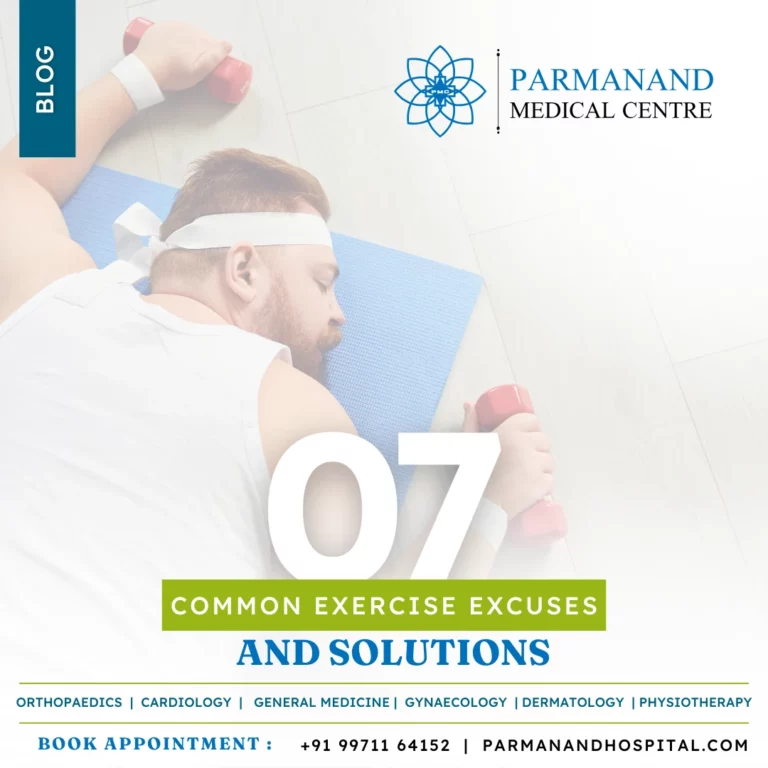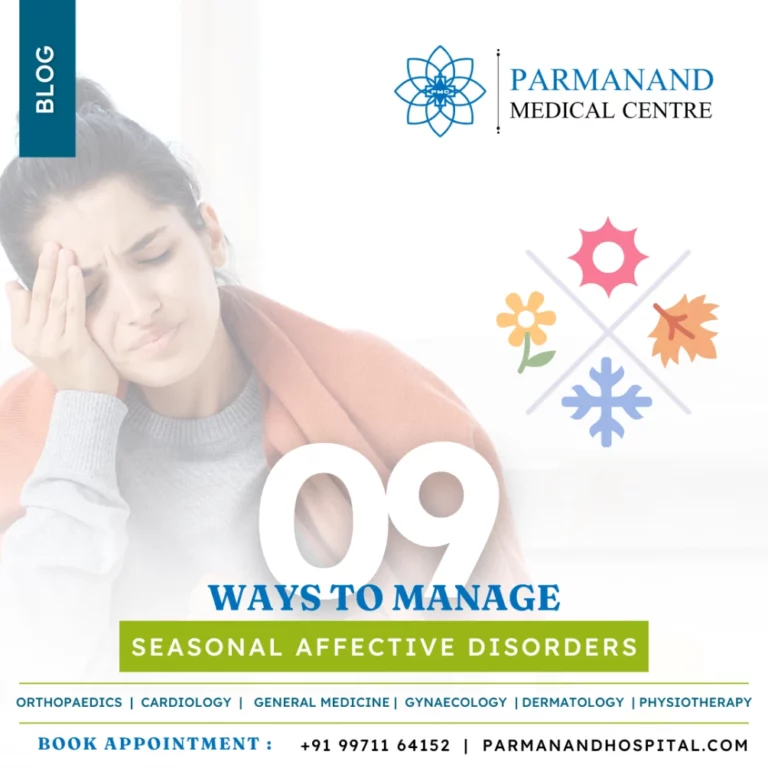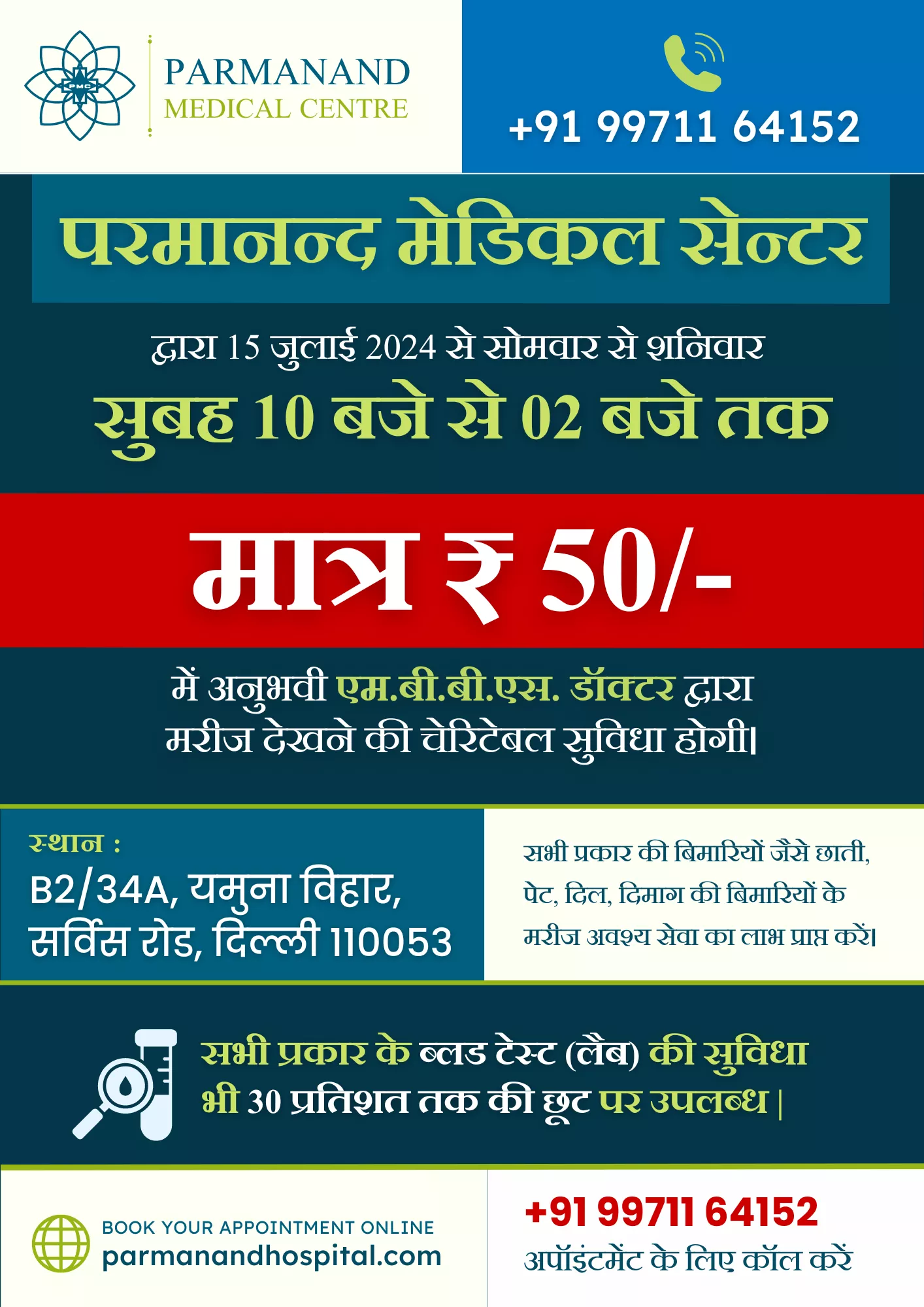Introduction: Sleep and Hormones
Sleep is not just essential for physical and mental rest; it also plays a significant role in maintaining hormonal balance. Hormones act as chemical messengers, regulating various bodily functions and processes. The relationship between sleep and hormones is intricate, with sleep impacting hormone levels, and hormone levels influencing sleep patterns. In this article, we will delve into the importance of sleep in hormone regulation and provide valuable tips to achieve better sleep for optimal hormonal health.

What Are Hormones and Their Functions?
Hormones are critical signaling molecules that facilitate communication between different organs and systems within the body. Released through the endocrine system, hormones regulate a wide array of bodily functions, such as metabolism, growth, body temperature, sexual function, and more.
Sleep and Hormones: A Delicate Balance

The interplay between sleep and hormones is evident in various ways. Adequate sleep is vital for regulating the levels of several hormones, including cortisol, estrogen, progesterone, melatonin, and growth hormones. These hormones have significant roles in stress management, reproductive health, metabolism, and immune system functioning.
The Impact of Sleep on Hormones:
- Cortisol: Cortisol, also known as the stress hormone, is regulated by sleep. Poor sleep can disrupt cortisol release, leading to hormonal imbalances that affect other bodily functions.
- Estrogen, Progesterone, and Thyroid Hormones: Hormones responsible for reproductive health can be impacted by disrupted sleep, leading to potential issues with metabolism and hormonal regulation.
- Hunger Hormones: Sleep disruption affects hunger hormones, like leptin and ghrelin, which control appetite and food intake. This imbalance can contribute to weight gain and insulin resistance.
The Role of Melatonin and Growth Hormones:
Melatonin controls the sleep-wake cycle and influences more than 500 genes, including those involved in the immune system. Growth hormones play a vital role in protein production, muscle development, and metabolism. Both melatonin and growth hormones are influenced by sleep patterns.
Debt of Sleep and Hormones:
Consistently getting insufficient sleep leads to sleep debt, resulting in reduced immunity, increased susceptibility to illnesses, and spikes in appetite. It can also affect hormonal balance, leading to weight gain and impaired metabolism. However, excessive sleep can have negative effects on cognitive performance and metabolism.

Tips for Regulating Hormones Through Sleep:
- Aim for 7 to 9 Hours of Sleep: Strive for sufficient sleep each night to support hormone regulation and overall health.
- Maintain a Consistent Sleep Schedule: Establish regular sleep and wake times to train your body’s internal clock.
- Limit Sugar Intake After Poor Sleep: To counteract disrupted insulin levels, reduce sugar intake on days following poor sleep.
- Create a Relaxing Wind-Down Routine: Prepare your body for rest by engaging in calming activities before bedtime.
- Optimize Sleep Environment: Ensure a cool, well-ventilated bedroom with minimal artificial light and electronic devices.
- Invest in a Quality Mattress: A comfortable mattress promotes deep and restful sleep.
Consult a Sleep Expert:
If you consistently experience poor sleep or sleep-related issues, consider seeking guidance from a sleep expert. They can help you develop healthy sleep habits, identify potential sleep disorders, and provide appropriate solutions, such as cognitive behavioral therapy for insomnia (CBT-I).
Conclusion: Sleep and Hormones
Prioritizing sleep is crucial for maintaining hormone balance and overall well-being. By understanding the intricate connection between sleep and hormones, we can take proactive steps to achieve restorative sleep and reap the many health benefits associated with proper hormonal regulation. Remember, a good night’s sleep is the foundation for a healthy and balanced life.
Parmanand Medical Centre in Yamuna Vihar
We believe that everyone should have a moment and moderate access to the best health specialists, in their own locality. At Parmanand Medical Centre, Yamuna Vihar, this is the conviction that brings us all together and our objective is being substantially more and more vital due to the huge and developing issue of the absence of access to reasonable medicinal services.
Parmanand Medical Centre, under the guidance of Dr. Shekhar Shrivastav – HOD Orthopedics of Sant Parmanand Hospital (Civil Lines, Delhi) is specialized in Orthopedics and also offers its service in the departments of Cardiology, Physiotherapy, and Gynecology.
If you have any inquiries regarding our physicians or services, please don’t hesitate to reach out to Parmanand Medical Centre. You can contact us by calling (+91) 997-116-4152 or by sending an email to contact@parmanandmedicalcentre.com. Additionally, you can click here to access our location on the map or request an appointment. We extend our best wishes to you and your family for a healthy and joyful time.
Parmanand Medical Centre, under the guidance of Dr. Shekhar Shrivastav – HOD Orthopedics of Sant Parmanand Hospital (Civil Lines, Delhi) is specialized in Orthopedics and also offers its service in the departments of Cardiology, Gynecology, Dermatology, Physiotherapy & Diagnostic Tests.
Connect with us on social media platforms for valuable health tips and general medical knowledge. Follow us on Instagram @parmanandhospital, like our page on Facebook @parmanandhospital, and join us on LinkedIn @parmanandhospital. Stay informed and inspired for a healthier life.




